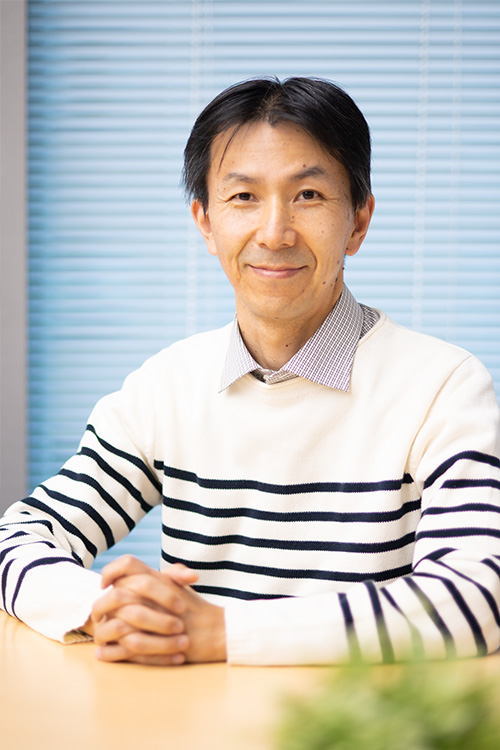
- HOME
- Child Brain Project
Child Brain Project
A Consortium to Overcome Childhood Brain Diseases
Hiroshi Sakuma has been the leader of the Child Brain Project since 2015. He graduated and obtained his MD (1993) and PhD (2005) degrees at Tokyo Medical and Dental University and pursued training in pediatric neurology at the National Center of Neurology and Psychiatry. He started his research activities on neuroimmunology in National Institute of Neuroscience under the supervision of Prof. Sachiko Miyake in 2010, and also was involved in the Health Labour Sciences Research on virus- associated acute encephalopathy since 2010. He has been working at Tokyo Metropolitan Institute of Medical Science since 2012. His current research interests include 1) pathomechanisms of virus-associated acute encephalopathies including febrile infection-related epilepsy syndrome, 2) biomarkers for pediatric immune-mediated neurological diseases, and 3) making international consensus on pediatric autoimmune neurological diseases.
Backgrounds
Our research focuses on central nervous system diseases in childhood. They are significant social burden because of poor prognosis and high mortality.
Neurological diseases are eventually caused by neuronal dysfunction regardless of their causes. We focus on developmental and intellectual disabilities caused by neuronal dysfunction, and aim to elucidate the pathogenesis of these diseases using various mouse models of disease with special focus on neuronal morphology.
We have established a sustainable platform (a multicenter registry of patients and sample repository) for a prospective cohort studies based on nationwide and international collaboration. We use multi-omics approaches to identify human disease-specific biomarkers. This multifaceted approach using high-throughput methods enables us to explore novel molecular targets for the treatment of pediatric brain diseases.
Objectives
- To elucidate the role of nerve immunities that govern neurons and glial cells to maintain the brain environment during the developmental phase
- To elucidate the immune system and non-immune system networks that operate to maintain the brain environment in the children’s brains
- To elucidate the onset mechanisms for children’s brain diseases such as encephalitis and encephalopathy with the aim of developing new methods of prevention and treatment
Members
Project Leader Hiroshi Sakuma
- Tadayuki Shimada
- Mariko Kasai
- Kuniko Kohyama
